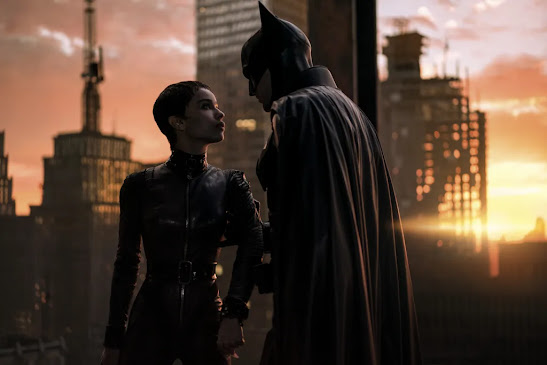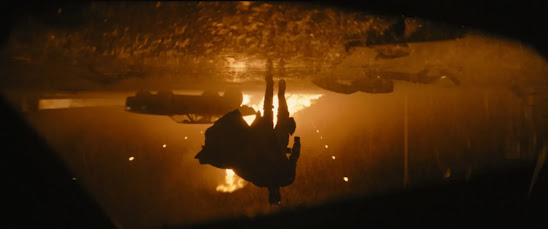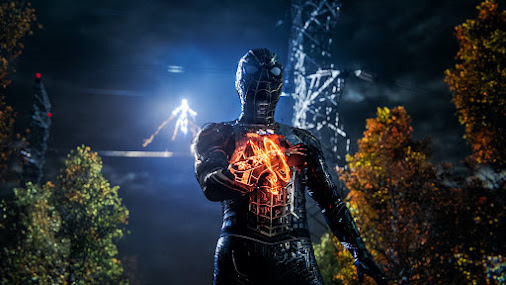Spoiler-free!
It's been years since the original Avatar, and same goes for Jake Sully, who's formed a family and a comfortable way of life with the Na'vi. But the sky people return (surprise surprise) and a few of them are out for revenge (dun dun duun). The Avatar sequels were announced once the novelty of the original had worn off, when it was cool to trash James Cameron's space fantasy world. But this "unasked for" sequel has value which only its creator could have dreamed up—which is why it's good that he's the one telling this story and not your average cynical nitpicking filmgoer... like me.
| There's nothing quite like a filmmaker who's excited about his own work. |
The word that first comes to mind as I think about The Way of Water as a whole is "romantic." That might give the wrong idea, but it's the only word I have. James Cameron jumps back into the world of his own making, gushing—like a kid with a crush—hurrying to catch us up of the Sully family's life so he can bring them into a new sandbox to explore. He dutifully exposits about the status quo and sets up new characters, but despite the movie's 3-hour runtime, we get into the plot fast. He doesn't want to tell us any more than necessary, he wants to show us. To dig into the clay and sculpt and create. He has a storyteller's sensibilities and gleeful care for his story, and that excitement rubs off into every inch of the work.
That's why it's the first half of the second act that shines so well. This is the part we're all here for—the exploring of the world and culture of Pandora. It's especially fun because it focuses on the Sully kids character-wise. We get to know the second oldest, Lo'ak, as he befriends an outcast whale-like creature, and the older girl, Kiri, who's the adopted offspring of Sigourney Weaver's Avatar from the first movie. They don't explain exactly what happened there, leaving a little mystery to reveal in later sequels. She's a young teen, played by Sigourney Weaver, sulky insecure childishness and all. It must have been great fun for her. The magic of motion capture. The other new character standout for me was Spider—one of few exclusively human characters in the movie. He's a kid who "went native" and is always interacting with mo-cap characters—who are designed to be bigger than him. Another logistical and performance challenge.
| I don't care, I'll always enjoy the "making friends with animals" trope. |
Despite the technology, the most impressive part for me is the worldbuilding. It reminds me of the little worlds I'd construct in my head as a child in a very specific way that I can't quite articulate. Contributing to the sense of romance? At any rate, the worldbuilding works so well because it's part of the story, not just the place in which the story takes place. Underwater exploration is accompanied with the Sully kids dipping their toes into the social hierarchy of their new peers and discovering their unique strengths. And Lo'ak's whale friend is not only vital to the plot, but serves as a character foil for him, and is introduced through a thrilling underwater attack sequence from what must be Pandora's only non-pacifist creature. At every turn, Cameron rewards our patience in sitting through 3 hours of his imagination brought to life, by using that imagination, and his skills as a filmmaker, to entertain us in return.
Even when the stakes rise and the third act rolls around, the imagination doesn't quell, and the inevitable sea battle had all the built-up character, stakes, and creative set-pieces in play to keep me from checking out as I so often do when a film's final battle starts up. Then things quiet and culminate in a more emotional, dramatic climax, which serves the theme over the movie's gleeful penchant for CGI explosions. I might say I'm surprised—that the movie won me over fast and never lost me to the end—but it's more that I'm relieved. More than relief even, it's rewarding my hope. I knew James Cameron was a filmmaker of the classic breed, but so many of his ilk have traded in their creative passion for an agenda. But no. He made a movie, and told a story. And he hits the beats of his medium with care and craftsmanship, not as a checklist around which to structure a pandering sermon.
| This movie is proof then, that storytelling and movies aren't dead. |
As time passes, the refreshed novelty may fade again, and I may come to see more of the flaws—which do exist here. Some was too melodramatically silly even for me to take seriously. But for me, Avatar has never been about being flawless, or high art. That's not what's valuable about it. Take away the motion-capture, the CGI, the blue people on an alien planet, and you have a simple story. The first one was about a broken man finding his place in the world. This one's about a father trying to keep his family together. Jake's world shrinks, but becomes more personal, and so feels huge. This sequel is rare in that way—it doesn't retread old ground. It adds to what came before. Not ignoring it. Not retconning it. Genuinely building onto it. Complementing it, and growing deeper. The original Avatar increases in value because of it, rather than being thrown aside to make way for the new. And room for further expansion sits out there, waiting.
I don't know where on Pandora James Cameron will go and explore next, but as long as he's in love with his world, I will be too. I can't help it. His reliable craftmanship, high imagination, and creative romance sweeps me up into the fantasy every time.

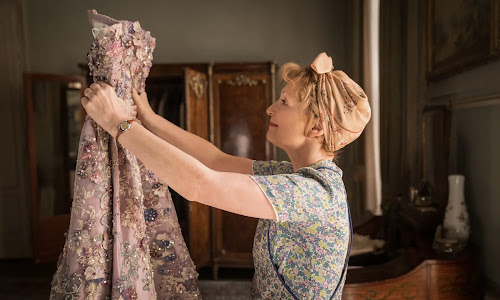
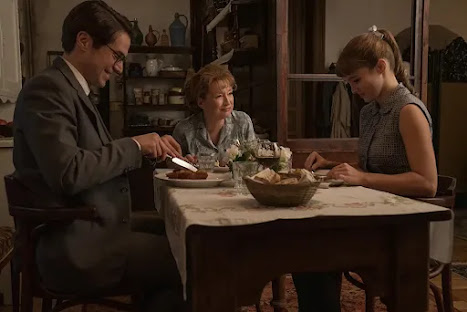







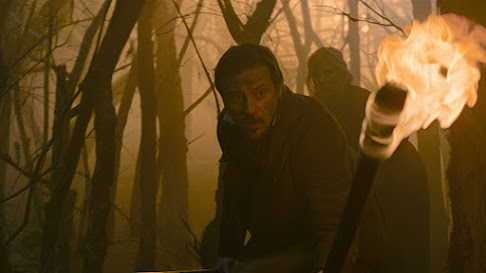
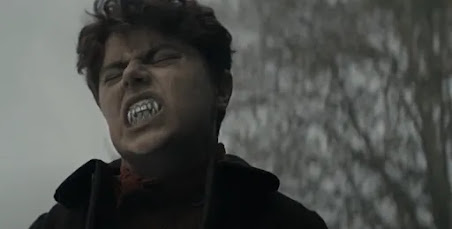





.jpg)






